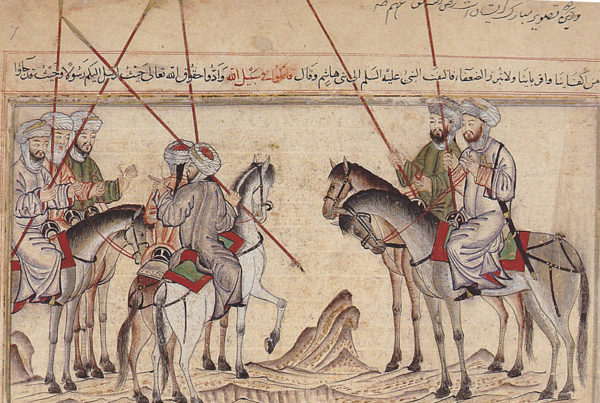Two years ago, at a Toronto assembly of victims of terrorism, this reviewer heard Tarek Fatah give an impassioned defence of his religion… he wants it back. A middle-aged Muslim from Pakistan, in many ways Fatah represents that older, more seasoned Islam that the rest of the world lived with before the oil-financed fanatics of the Saudi Peninsula and Khomeni’s Iran came boiling out in the 1980s. One gets the impression that given his own choice, Tarek would have lived a calm and quiet life. Unfortunately, he didn’t get that choice, either in Pakistan in the 1970s, or in Saudi Arabia in the 1980s, or here in Canada today.
Fatah’s Chasing a Mirage: the Tragic Illusion of an Islamic State (Wiley, Toronto, 2008), is a direct challenge to the fanatics of the Wahhabi, Deobandi, and Khomeinist traditions. His exposition is solidly rooted in the oldest texts and histories of Islam and argues that the pursuit of an imperial Islamic state has soiled the religion, and violates the intentions of Mohammed himself. Moreover, today’s pursuit of political power in the name of Islam corrupts the religion, impoverishes Muslims and mires them in deceit and illusion. To liberate themselves, Muslims should abandon the goal of a political Islamic state and society and concentrate instead on its spiritual legacy.
Tarek’s views run contrary to a centuries-long tradition of harnessing Islam for Arab conquest and cultural dominance. Which probably explains why the most critical examinations of Islam from Muslims come from outside the Arab world. Fatah’s scholarship is impressive, and his passion is quite real. He is a likeable man, but one fears that his future safety rests on the typical fanatic’s inability to read anything much more complicated than internet-bomb making instructions.








